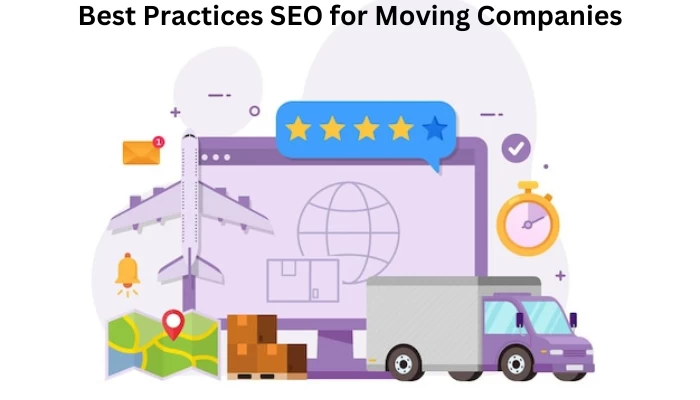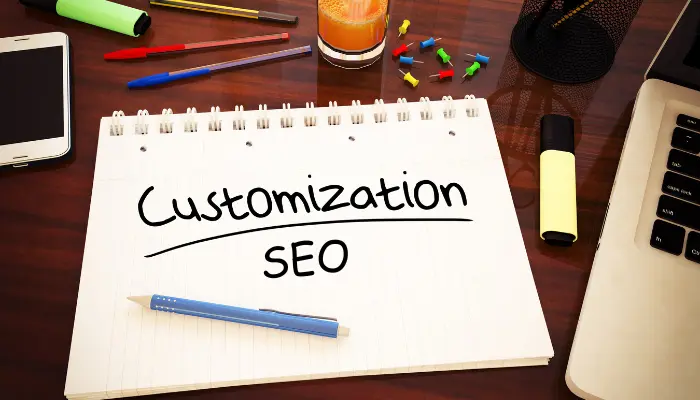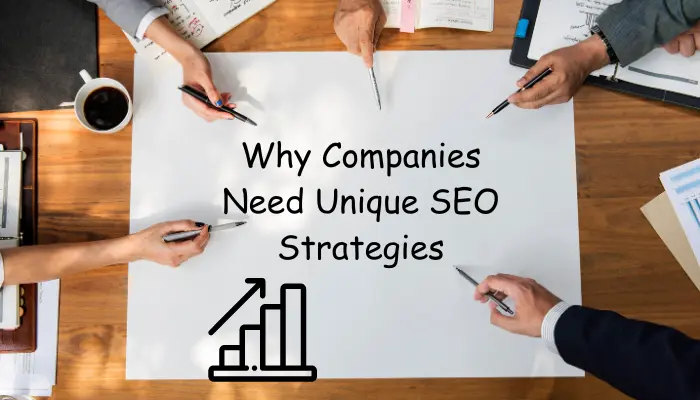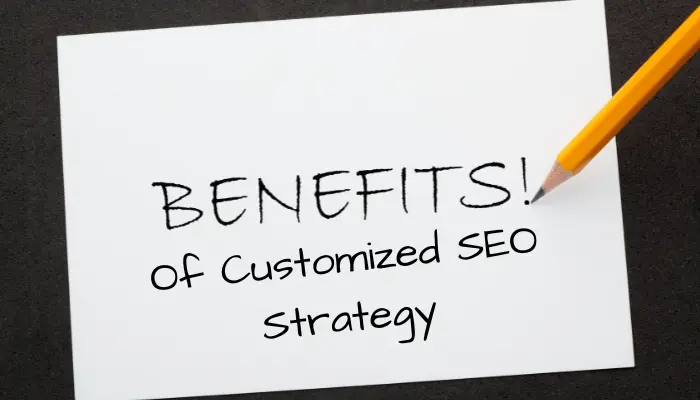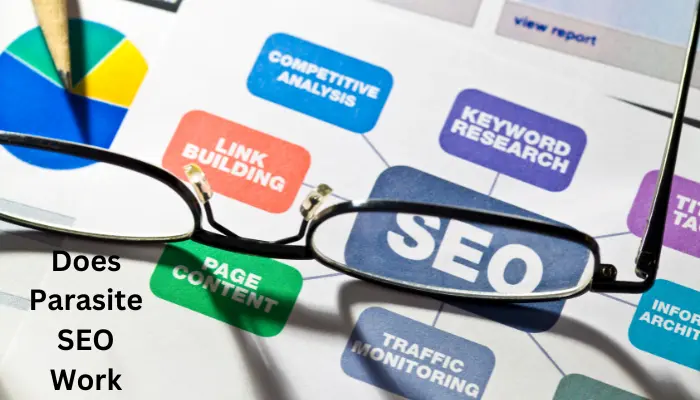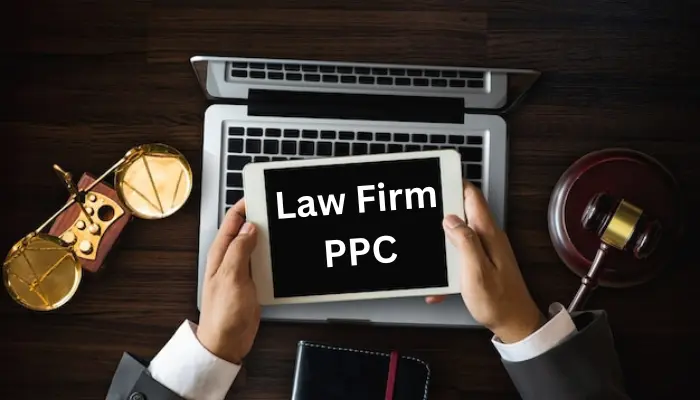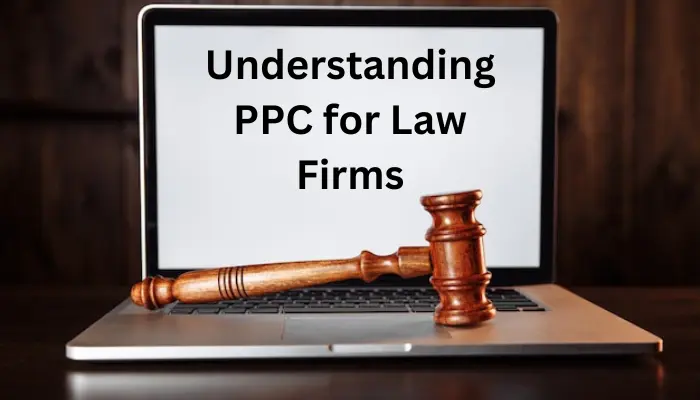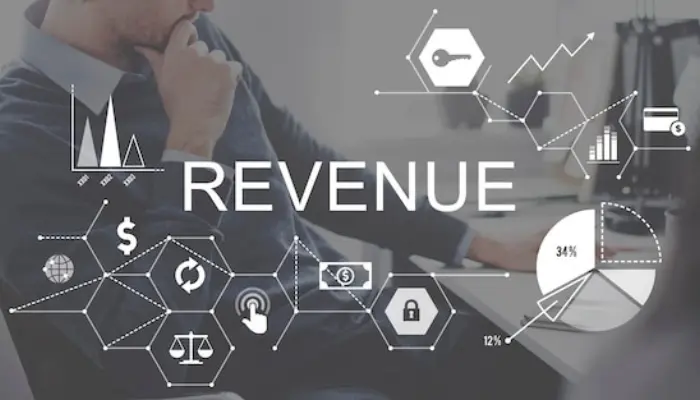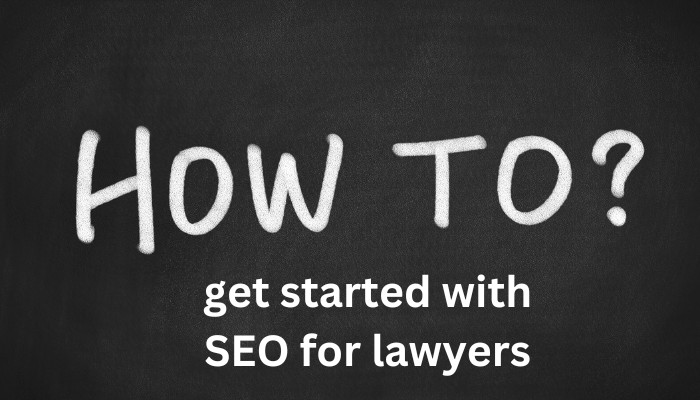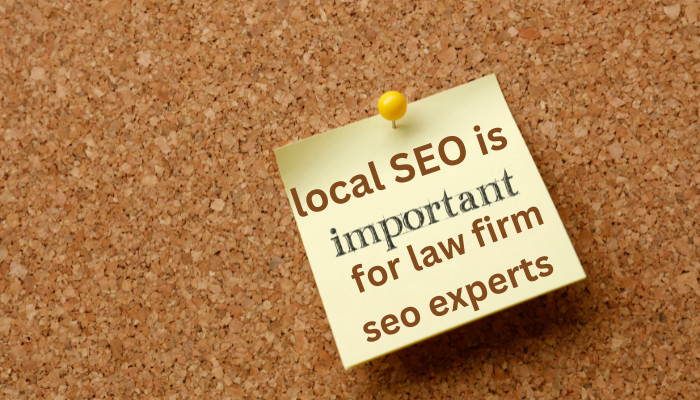Local Pro1| The Art of Social Media Content Writer
In the dynamic landscape of the digital age, the role of a Social Media Content Writer has emerged as a pivotal force in shaping online communication and engagement. This profession is deeply rooted in creating compelling and relevant content for various social media platforms, serving as a bridge between businesses, brands, and their target audience. In this discussion, we will delve into the definition of a Social Media Content Writer, exploring the intricacies of their role and emphasizing their significance in today’s interconnected world.

What is a Social Media Content Writer?
The expert in charge of creating and selecting material, especially for social media platforms is known as a social media content writer. Part of the job description is producing shareable and interesting content that aligns with the goals and voice of the business. This will help to establish a strong online presence in the end. For this position, you’ll need to be creative, have excellent communication skills, and have a deep awareness of social media dynamics.
Key Responsibilities:
Creating engaging and relevant content:
- Generate original content that captures the target audience’s attention.
- Develop creative ideas for posts, articles, captions, and other forms of content.
- Ensure that the content aligns with the brand’s identity and messaging.
Tailoring content for various social media platforms:
- Adapt content to suit the specific characteristics and audience of each social media platform (e.g., Facebook, Instagram, Twitter, LinkedIn).
- Optimize content for different formats, such as images, videos, and text, to maximize engagement on each platform.
- Stay updated on the latest trends and features of social media channels to enhance content strategy.
Maintaining brand consistency:
- Uphold the brand’s tone, voice, and style across all social media channels.
- Collaborate with the marketing and branding teams to ensure content aligns with overall brand strategies.
Monitoring and analyzing performance:
- Track the performance of social media content using analytics tools.
- Adjust content strategies based on performance metrics and user feedback.
- Stay informed about industry trends and competitors’ activities to identify opportunities for improvement.
Engaging with the audience:
- Respond to comments, messages, and mentions to foster community engagement.
- Encourage discussions and interactions among followers.
- Implement strategies to grow the social media audience and enhance brand visibility.
Collaborating with other teams:
- Work closely with graphic designers, videographers, and other content creators to develop multimedia content.
- Coordinate with marketing, PR, and customer service teams to ensure a cohesive and integrated approach to online presence. Local Pro1 provide the best service related to Social Media Content Writer.
How it Works on Social Media Content Writer

Importance of Audience Analysis:
Conducting thorough audience analysis is crucial for social media content writing. Content that appeals to your target audience can be more effectively tailored if you are aware of their demographics, interests, behaviors, and preferences. The development of material that is relevant, interesting, and helpful to your audience is guided by this study.
Crafting Content that Resonates with the Audience:
Tailor your content to address the needs and interests of your target audience. Use language and tone that align with their preferences. By addressing their pain points or desires, you can create content that sparks interest and encourages interaction.
Utilizing Effective Writing Techniques:
Use of Storytelling:
Storytelling is a powerful tool in social media content writing. Craft narratives that captivate your audience, evoke emotions and establish a connection. Whether sharing success stories, behind-the-scenes moments, or user testimonials, storytelling humanizes your brand and fosters engagement.
Incorporating Visual Elements:
Visual content grabs attention on social media platforms. Use compelling images, infographics, and videos to complement your written content. Visual elements not only enhance the overall appeal but also convey information quickly, making your content marketing more shareable and memorable.
Keeping up with Trends and Algorithms:
Importance of Staying Current:
Social media trends and algorithms are dynamic, and constantly evolving. Stay informed about the latest developments, popular hashtags, and emerging trends within your niche. Regularly update your content strategy to align with current interests and discussions, keeping your audience engaged and attracting new followers.
Adapting Content Strategies Based on Platform Changes:
Different social media platforms have unique algorithms and user behaviors. Stay flexible and adapt your content strategies based on platform changes. Whether it’s utilizing new features, adjusting posting times, or optimizing content formats, staying abreast of platform updates ensures that your content remains visible and effective.
The Benefits of Hiring a Social Media Content Writer

Enhanced Brand Presence:
Establishing a Consistent Brand Voice:
A skilled social media content writer can develop and maintain a consistent brand voice across various platforms. This ensures that your brand’s personality and messaging remain cohesive, fostering a recognizable and memorable identity. Consistency in tone, style, and messaging helps in building a strong brand image, making it easier for your audience to connect with and understand your brand values.
Building Brand Credibility Through Quality Content:
Social media content writers are adept at creating engaging and informative content that resonates with your target audience. Through their constant production of excellent content writing, they help build your brand as a leader in your sector. In addition to drawing and keeping followers, high-quality content establishes your business as a trustworthy information source. This increases your audience’s perception of your legitimacy and builds their trust, which may result in a rise in consumer loyalty.
Allowing businesses to focus on core activities:
Streamlining operations and outsourcing non-core functions enable businesses to concentrate on their primary objectives. By allocating resources efficiently, organizations can enhance productivity and competitiveness.
Maximizing the impact of social media efforts:
Leveraging social media management tools and analytics helps businesses optimize their social media strategies. This ensures that efforts are targeted towards the most effective channels, saving both time and resources while maximizing the reach and impact of the messages.
Improved Engagement and Interaction:
Encouraging audience participation:
Creating opportunities for audience involvement, such as polls, surveys, or interactive Q&A sessions, fosters a sense of community. This not only increases engagement but also provides valuable insights into customer preferences and opinions.
Enhancing user experience through interactive content:
Integrating interactive elements like quizzes, videos, and gamified content into platforms improves the overall user experience. This draws people in and motivates them to interact with the content for longer, creating a more memorable and satisfying experience.
Conclusion
The role of social media content writers cannot be overstated in today’s digital landscape. These skilled professionals play a pivotal role in crafting compelling and engaging content that resonates with the target audience. From creating shareable posts to fostering meaningful connections, social media content writers contribute significantly to a brand’s online presence and success. Feel free to contact us for any type of query or service related Social Media Content Writer.
FAQs
What Is A Social Media Content Writer?
A social media content writer is a professional who specializes in creating engaging and relevant content for various social media platforms. Their primary goal is to capture the audience’s attention and convey messages effectively through text, images, or multimedia content.
What Skills Are Essential For A Social Media Content Writer?
Key skills for a social media content writer include excellent writing and editing abilities, a deep understanding of social media trends, creativity, strategic thinking, and the ability to adapt content to different platforms and target audiences.
How Important Is Social Media Content In Today’s Digital Landscape?
Social media content plays a crucial role in digital marketing and brand communication. It helps businesses connect with their audience, build brand awareness, and engage customers on various platforms. Quality content is vital for establishing a strong online presence.
What Types Of Content Do Social Media Content Writers Create?
Social media content writers create a wide range of content, including text-based posts, visual content like images and infographics, videos, and interactive content such as polls or quizzes. The goal is to keep the audience interested and encourage interaction.
How Can A Business Benefit From Hiring A Social Media Content Writer?
Hiring a social media content writer can enhance a business’s online presence, increase brand visibility, and drive engagement. These professionals can create compelling content strategies that align with the brand’s goals, ultimately boosting customer loyalty and sales.
Our Services
Our Latest Posts
Leading the Way | Local Pro1’s Innovative Medical SEO Services
Elevate your medical practice's visibility and attract more patients with...
Boost Your Online Presence | Affordable SEO Services for Small Businesses
Drive results on a budget with Local Pro1's affordable SEO...
Local Pro1’s Guide to SEO for Lead Generation
Boost your business with Local Pro1's expert SEO for lead...






